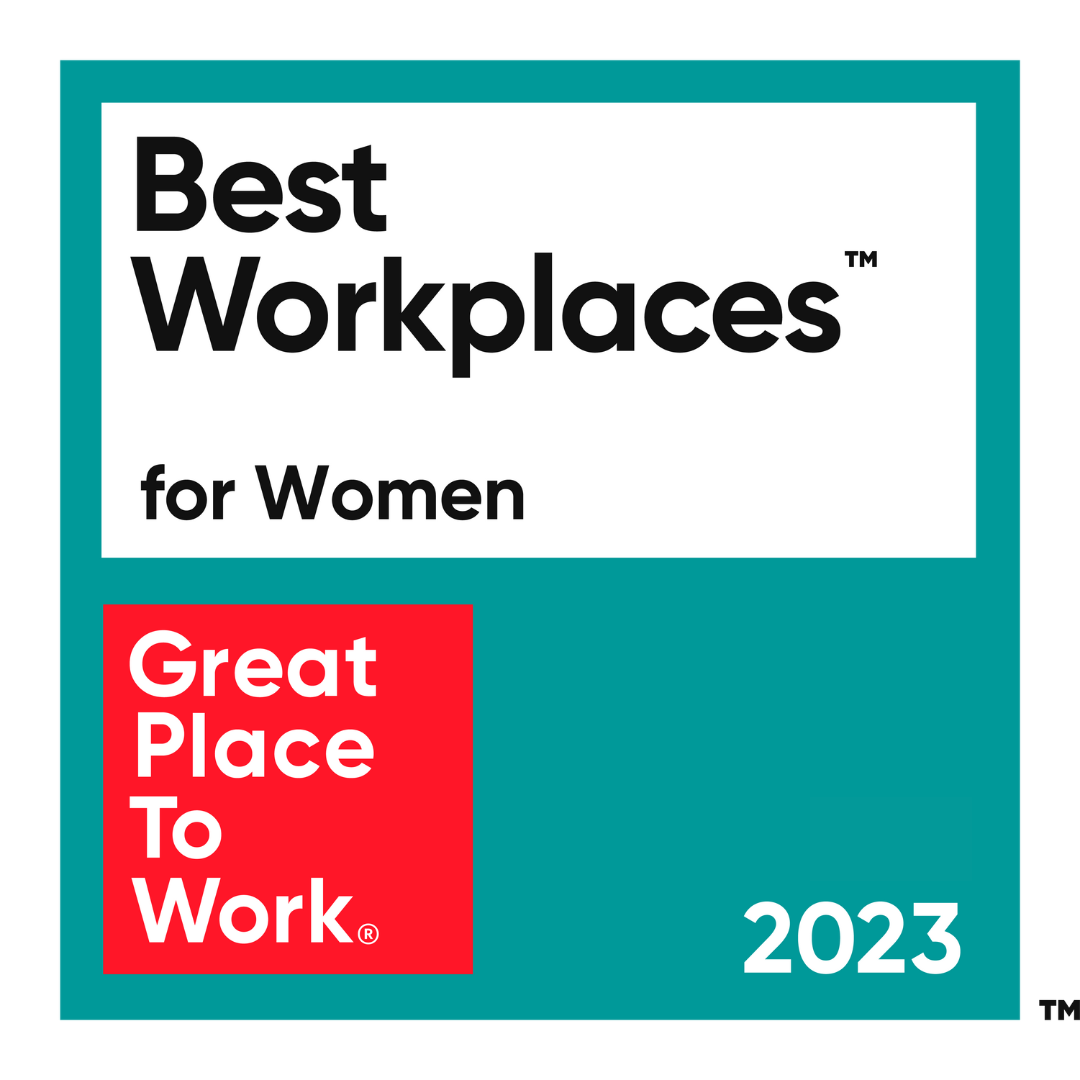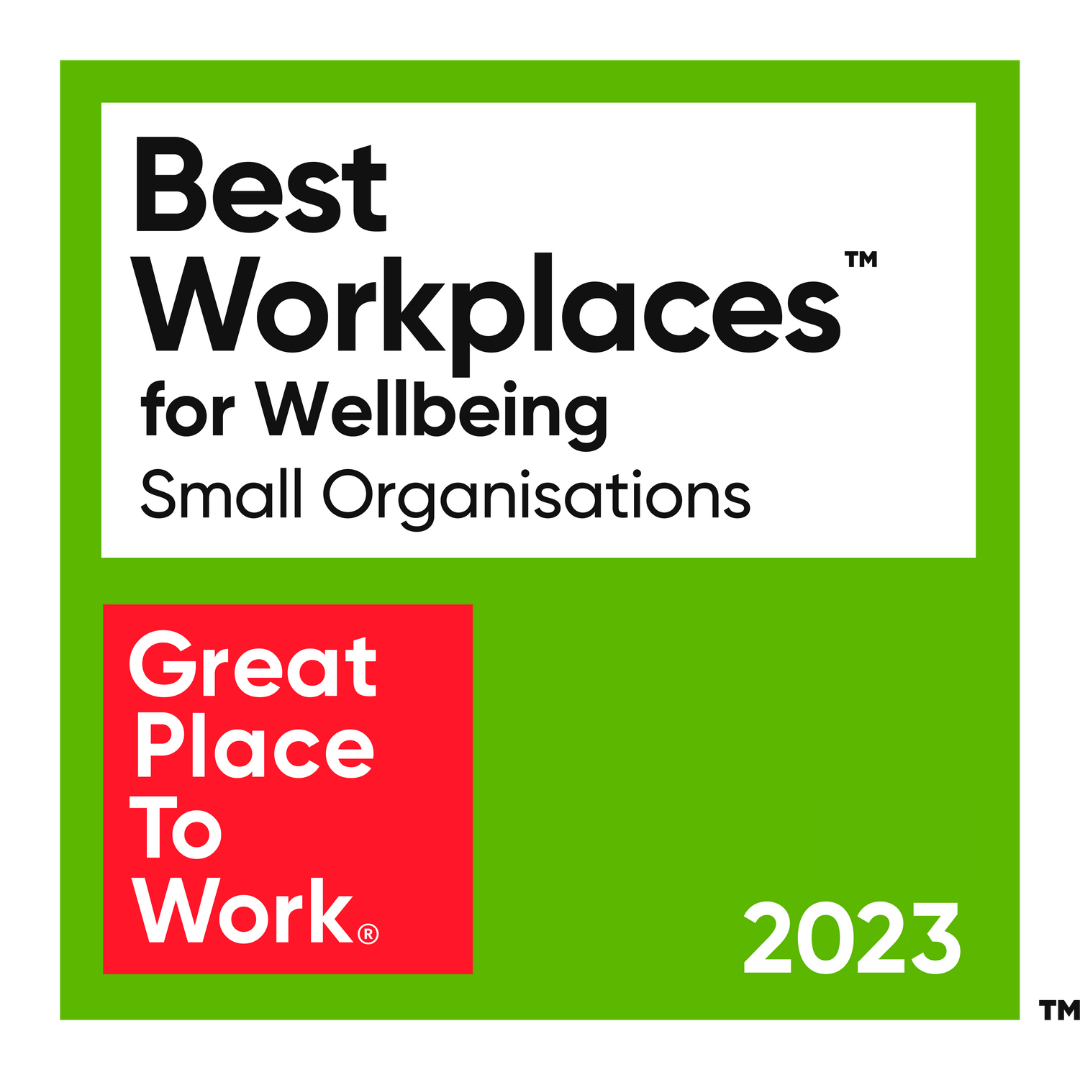This week ID Comms was invited to address the World Federation of Advertisers (WFA) at a meeting of their Media Forum members in Amsterdam. We were presenting alongside Lotta Edström, the global media director of Novartis and we shared a case study of media agency pitch management best practice regarding Novartis' $650m global agency review we supported in 2011.
Speaking to the Media Forum and spending the day considering pitch best practice reminded us to post up some new best practice and tips, some of which come from the Novartis project and others we have developed in the two years since then. So, below we've detailed some tips and added some links to helpful resources.
The WFA meeting this week was held at the beautiful old Heineken brewery building. It is still operational as a brewery and has grand wood panelled salons where the WFA were holding the meeting, kindly hosted by Heineken's global media head Tom Gill.
The reason that the Novartis media review is interesting as a best practice case study is because they are an incredibly complex, multi-divisional business with scale. This makes their marketing operations complicated and undertaking a global tendering project which stretched across all the company divisions was a big challenge. Success relied largely on the Novartis Media Council, a cross divisional and cross disciplined internal stakeholder team of 12 procurement and marketing leaders. ID Comms acted as support resource to this group and provided thought leadership in pitch management expertise when required.
Objective "Max Value"
Our objective was to maximise the value from Novartis media spend, this meant that we had to make sure that this was a brilliant pitch and had the participating agencies on their A-game.
Unfortunately, we cannot share the full Novartis case study so publicly but we can share two important things: The context and the strategy.
The context for Novartis was that they were a complex business, pitching would be a big undertaking and 4 of their main pharmaceutical competitors had already reviewed in the previous 18 months, this meant there was a serious risk of value having being taken out of the market by other rival brands and also that all the major global agencies had serious pitch fatigue when it came to pitching for global pharmaceutical assignments. There was serious risk we would get a few copy/paste responses...
Strategy "Be The Best Pitch Of The Year"
The strategy was to create the best pitch of the year and we did this by delivering 5 steps to a brilliant pitch.
A number of the WFA Media Forum members congratulated us afterwards for what they called "gold standard agency pitch management" which was an incredible endorsement from such an experienced and influential audience. It was good to hear that this case study, now 2 years old, could still be considered agency pitch best practice.
How not to run a media pitch
From the sublime to the ridiculous, somewhat ironically the same day ID Comms Founding Partner Tom Denford was quoted in Campaign magazine for a panel piece written by Maisie McCabe. This concerned the GPS (UK Government Procurement Service) controversial handling of a number of agency search projects this year. The most recent included a reverse auction for agency costs which lasted for 8 hours and resulted in agencies undercutting each other all day and submitting fees and commercial terms which would be impossible to deliver. The questions posed was "Is the GPS review fit for purpose" and received a pretty resounding negative response.
This was an edit of the full comment we provided to Campaign, which we list here to give some extra context.
“Price is what you pay, value is what you get. Whilst we can appreciate the desire of GPS to show good value for tax payers by paying low prices, we believe that reverse auctions for agency fees can do the exact opposite, damaging the value the tax payer actually gets for their money.
As agency fees get pushed down to unrealistic levels, so levels of transparency will also go down
With the GPS media buying review scheduled for later this year, we would caution against conducting reverse auctions for agency resource. The media buying pitch will be such a valuable, winner takes all prize that agencies will be hugely incentivised to undercut each other to levels which would normally be impossible to deliver. Someone, either the government or other agency clients may have to make up the shortfall by being overcharged in other areas.”
At ID Comms we have spoken with GPS a few times this year and offered up our suggestions of best practice. The GPS in Liverpool are a good team and certainly don't deserve to be the focus of industry criticism, we suggest that the main challenge for GPS is that their procurement processes don't seem flexible enough to allow marketing services to be properly evaluated; based on the value that they create and deliver. Instead, agency resource is evaluated in entirely objective ways based largely on cost. This was the biggest complaint over last year's creative framework review. Hence when we are asked, if the media review process is fit for purpose we have to truthfully say no.
Running a Better Pitch
Our advice was that GPS should certainly run the pitch and do so in an accountable and objective way, but they needed to be able to extend their processes to allow an accountable evaluation of subjective elements like skills, expertise, creativity, effectiveness and quality of work. This requires marketing experience in addition to procurement experience amongst the participating stakeholders in the process and the decision making. Running a marketing services pitch entirely through a supplier management tool, conducting reverse auctions and refusing to evaluate any actual work is a quick route to value-less supplier appointment and to receive the ire of an industry already feeling commoditised. Hopefully a better balance can be maintained in future, especially with the £100m media buying contract due for renewal later in the year.
This was, as you can imagine, in rather stark contract to the "gold standard" we had just been sharing that same day with some of the world's leading brand media directors and the WFA.
One of the greatest insights from Thursday's WFA session (and on reflection the main reason for the success of the Novartis media agency pitch) was the continued alignment and collaboration between Novartis procurement and marketing throughout that complex process. Having marketing and procurement aligned on their desired objectives and outcomes from a pitch is crucial to it's success. This could be a useful insight to GPS and the government comms leaders - finding a way to collaborate on agency appointment would be a good idea.
Read more about ID Comms Best Practice in Media Agency Pitch Management.






COMMENTS